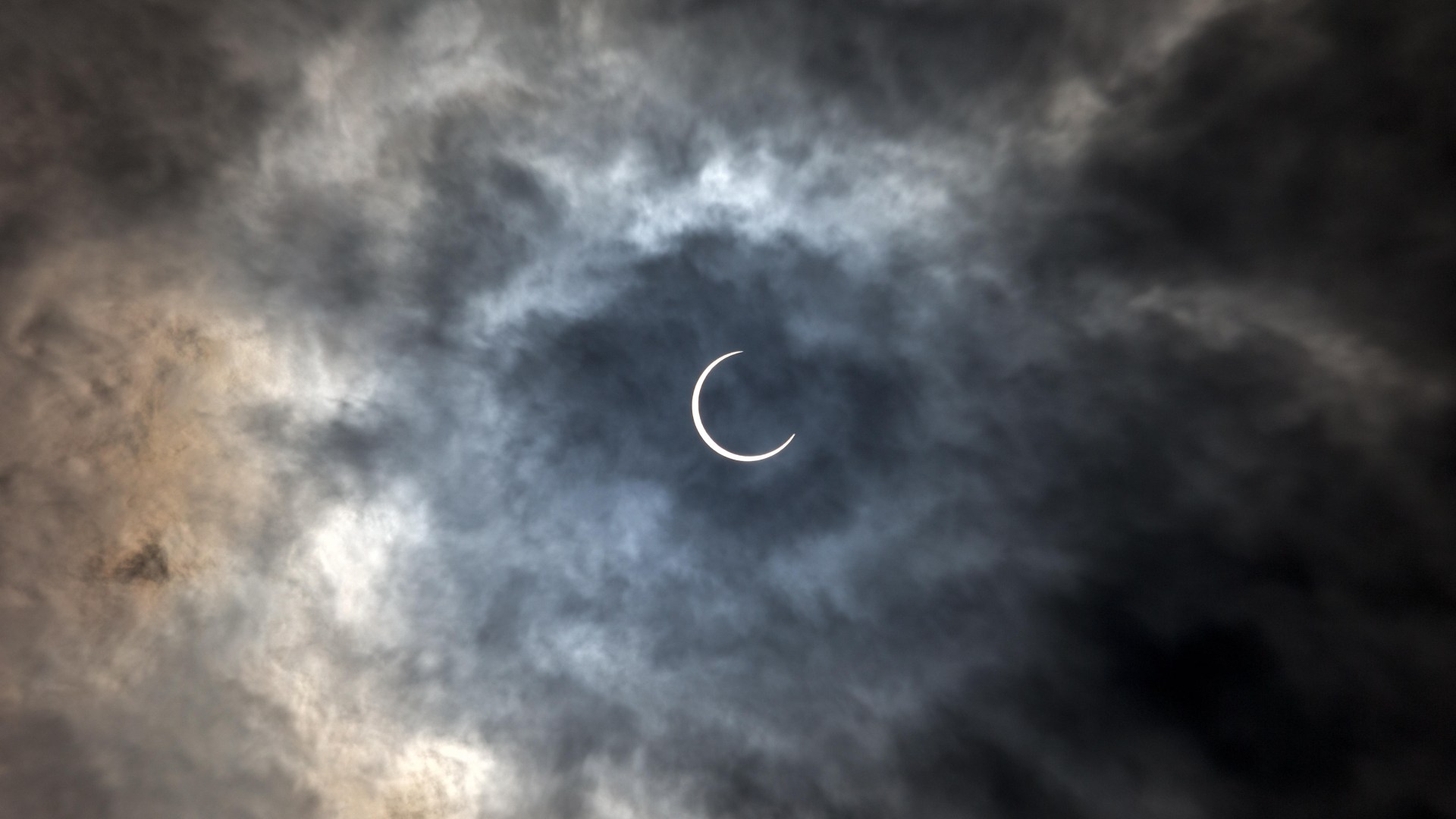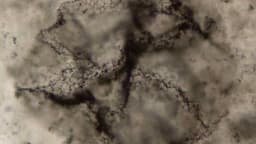Home / Environment / Sun-Blocking Cloud: Climate Fix or Catastrophe?
Sun-Blocking Cloud: Climate Fix or Catastrophe?
24 Nov, 2025
Summary
- Scientists propose spraying particles to mimic volcanic cooling.
- A US-Israeli startup plans to deploy this solar geoengineering technology.
- Critics warn of potential droughts and hurricanes from sudden cooling.

A groundbreaking, albeit controversial, concept is emerging in climate science: solar geoengineering. This approach seeks to mimic the natural cooling effect of massive volcanic eruptions by intentionally injecting sunlight-reflecting particles into the Earth's stratosphere. The theory suggests that dimming the sun's rays could significantly reduce global temperatures, potentially halving future temperature rises.
The idea, first conceptualized by researchers at Harvard University, involves spraying millions of tiny particles into the atmosphere using specialized equipment. This reflective 'cloak' aims to mirror solar radiation back into space, analogous to how the 1991 Mount Pinatubo eruption temporarily cooled the planet. Estimates suggest this could lower global temperatures by 2°C within two years.
Despite its potential, the proposal faces substantial criticism. Many scientists fear that abrupt temperature drops could trigger catastrophic side effects, including widespread droughts, extreme rainfall, and devastating hurricanes in various regions. A US-Israeli startup, Stardust, is reportedly preparing to bring this technology to fruition, while acknowledging the need for careful monitoring and predictive modeling.




